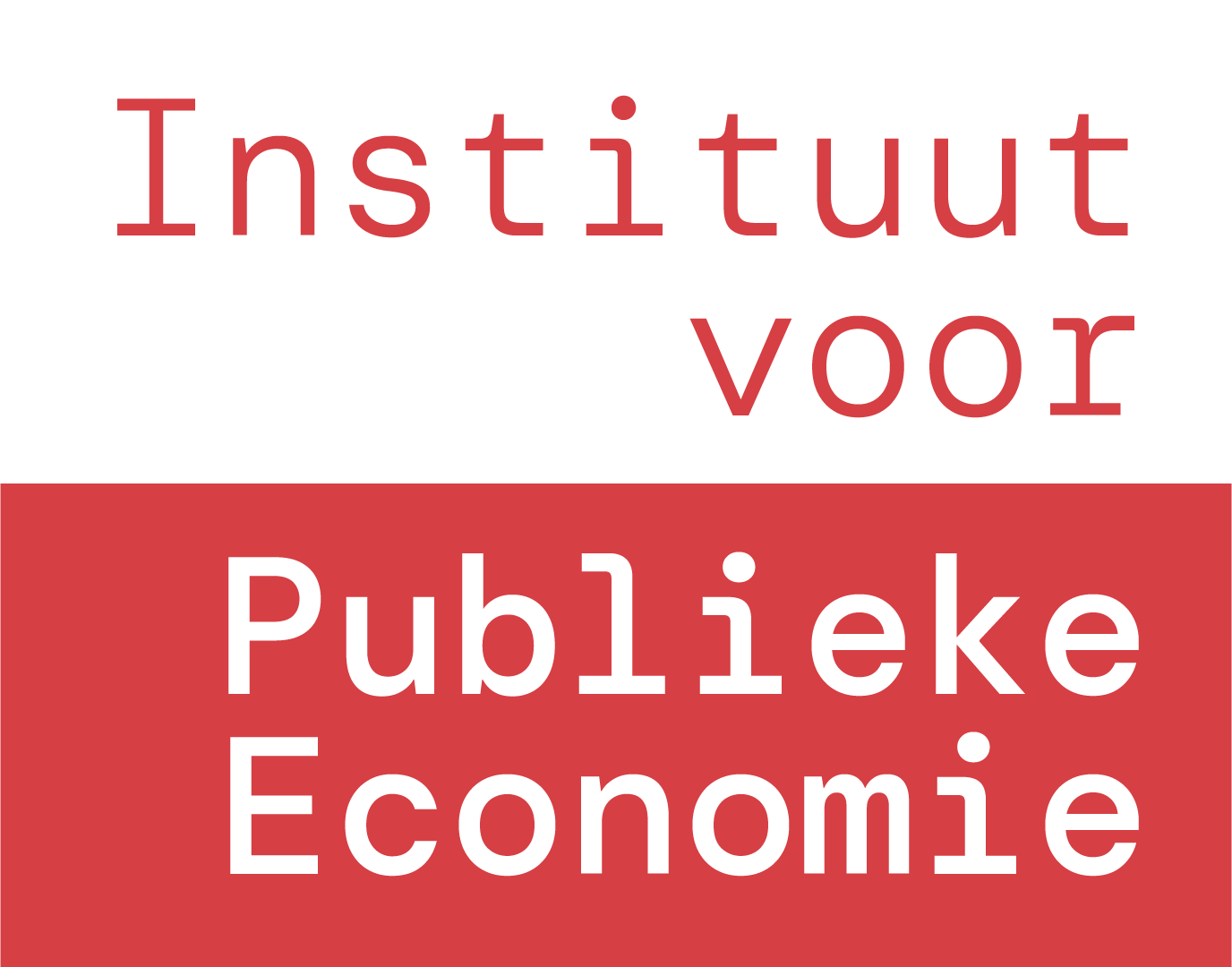Proposal addressing Preferential Tax Regimes for Newly Domiciled Taxpayers
By Wouter Leenders, Joep Schoenmakers and Vinzenz Ziesemer
This is a working document that will be updated as we receive feedback.
Proposal and rationale
A number of European countries grant personal income tax benefits to newly domiciled tax residents (typically ‘expats’ or retirees). The number of such arrangements has exploded, from five in 1994 to 27 today.[1] A majority of EU Member States (15) now have such preferential tax regimes (some Member States have more than one arrangement).
While such schemes may help maximize the tax revenues of individual Member States,[2] they amount to a beggar-thy-neighbour policy: any gain is at the expense of another country. This is regretful of itself, but particularly flies in the face of the internal market. If this trend continues, it may in fact undermine the internal market. Surely, if a preferential tax regime were to target relocating firms, European institutions would be strongly inclined to intervene.
Our proposal is simple: to abolish the application of preferential tax regimes to newly domiciled taxpayers whose previous tax domicile was in an EU Member State.
Estimated fiscal cost in EUR million (lower-bound estimates)
Source: EU Tax Observatory
Budgetary impact for Member States
The EU Tax Observatory provides a detailed breakdown of the fiscal costs of the respective regimes, which we have reproduced here.[3]
These estimated fiscal costs - which in many cases come from national authorities - suggest that, despite expanding the tax base, the preferential tax regimes still carry a fiscal burden for the issuing Member State. But more importantly, they carry a fiscal burden for other Member States: taking the largest of these schemes as an example (the Dutch 30% rule), about half of the beneficiaries in 2016 were EU citizens.[4]
The explosive growth of these preferential tax regimes suggests a race to the bottom is not far off. This dynamic should worry Member States much more than any static cost-benefit calculation.
Legislative pathways
We see a number of ways in which these preferential tax regimes could be amended to exempt taxpayers who were previously domiciled in an EU Member State.
● The most promising pathway concerns soft law. Specifically, the EU Tax Observatory has suggested extending the scope of the Code of Conduct Group (CoCG). The CoCG has traditionally been focused on business taxation, but the type of preferential tax regimes we describe falls within the current scope: anecdotal evidence suggests that their aim is in part to make for a better business climate and/or to make the establishment of business in the granting Member State more attractive.[5]
Previous attempts to table these types of schemes have not produced results. But the largest scheme, the Dutch ‘30% rule’, has recently come under discussion. So far, this has resulted in a cap on individual tax benefits. As many Member States stand to gain from further reform, the time is now to restart European discussions towards a mutually beneficial agreement.
● As the issue concerns the functioning of the internal market, a directive under article 115 TFEU would be in order. This, however, requires a unanimous decision by the Council. It would also be the first application of article 115 to personal income taxation, and is likely to meet resistance for that reason alone.
● A directive under article 116 TFEU circumvents the need for unanimity, but has a weaker legal footing. In particular, the question becomes whether the undertaking can be seen as addressing a distortion of the functioning of the internal market, and not an attempt at tax harmonization.[6] Only a subset of EU Member States use preferential tax treatments for newly domiciled taxpayers, but their number is significant.
Importantly, the rule should target the taxpayer’s previous domicile and not their nationality, since the latter form of discrimination could be disqualified legally.[7]
Implementation
Implementing this directive should prove effortless in practice. Essentially, the directive amounts to an extra conditionality: if the newly domiciled taxpayer was previously domiciled in the EU, he is not eligible under the preferential tax regime.
Notes
[1] Flamant, Eloi, Sarah Godar, and Gaspard Richard. New forms of tax competition in the European Union: An empirical investigation, November 2021. URL: https://www.taxobservatory.eu/publication/new-forms-of-tax-competition-an-empirical-investigation/
[2] Henrik Jacobsen Kleven, Camille Landais, Emmanuel Saez, Esben Schultz, Migration and Wage Effects of Taxing Top Earners: Evidence from the Foreigners’ Tax Scheme in Denmark, The Quarterly Journal of Economics, Volume 129, Issue 1, February 2014, Pages 333–378. URL: https://doi.org/10.1093/qje/qjt033
[3] Flamant, Eloi, Sarah Godar, and Gaspard Richard. New forms of tax competition in the European Union: An empirical investigation, November 2021. URL: https://www.taxobservatory.eu/publication/new-forms-of-tax-competition-an-empirical-investigation/. See Appendix A.1.1 for more detailed information on the sources of these figures.
[4] Algemene Rekenkamer, Fiscale tegemoetkoming voor experts uit het buitenland: de 30%-regeling - Rapport behorend bij verantwoordingsonderzoek naar begrotingshoofdstuk IX, 2016. URL: https://www.rekenkamer.nl/publicaties/rapporten/2016/05/18/fiscale-tegemoetkoming-voor-experts-uit-het-buitenland-de-30-regeling
[5] For example, the state secretary of Finance of the Netherlands has argued that “the 30% ruling contributes to [...] the attractiveness of the Dutch business establishment climate [in Dutch: vestigingsklimaat].” See page 23 of: Algemene Rekenkamer, Fiscale tegemoetkoming voor experts uit het buitenland: de 30%-regeling - Rapport behorend bij verantwoordingsonderzoek naar begrotingshoofdstuk IX, 2016. URL: https://www.rekenkamer.nl/publicaties/rapporten/2016/05/18/fiscale-tegemoetkoming-voor-experts-uit-het-buitenland-de-30-regeling
[6] Of relevance here is the CJEU’s ‘centre of gravity’ approach, see: Martijn F. Nouwen, 'The Market Distortion Provisions of Articles 116-117 TFEU: An Alternative Route to Qualified Majority Voting in Tax Matters?', (2021), 49, Intertax, Issue 1, pp. 14-28. URL: https://kluwerlawonline-com.eur.idm.oclc.org/journalarticle/Intertax/49.1/TAXI2021003
[7] Finally, the EU Tax Observatory describes a post-departure tax, to be used by Member States unilaterally, that eliminates the entire tax gain from domiciling in another Member State and therefore renders this form of tax competition ineffective. In this case, the rule would be based on nationality rather than previous domicile.

